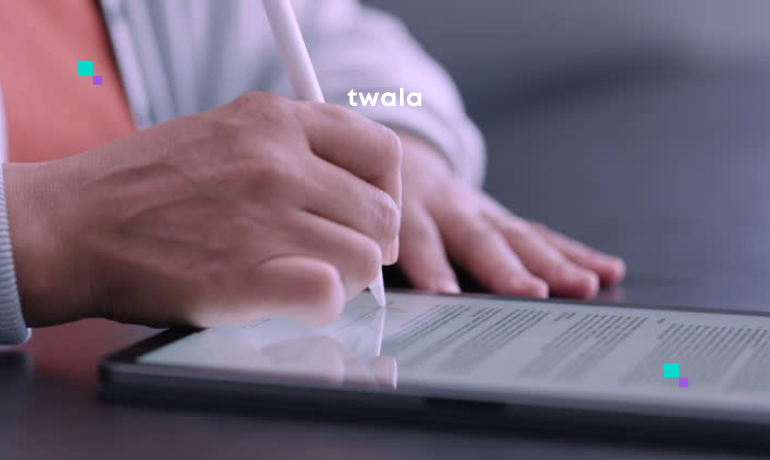IBP Quezon City Partners with Twala to Empower Lawyers with Legal Tech Solutions
Quezon City, Philippines — DOST-backed tech startup Twala has digitally signed a Memorandum of Agreement (MOA) with the Integrated Bar of the Philippines (IBP) Quezon City Chapter—the largest IBP chapter in the country—to equip around 13,000 lawyers with cutting-edge digital signature and electronic notary solutions, pushing digital transformation farther in the legal profession.

-2.png)
%20(2).png)

.png)




.png)


.png)
.png)